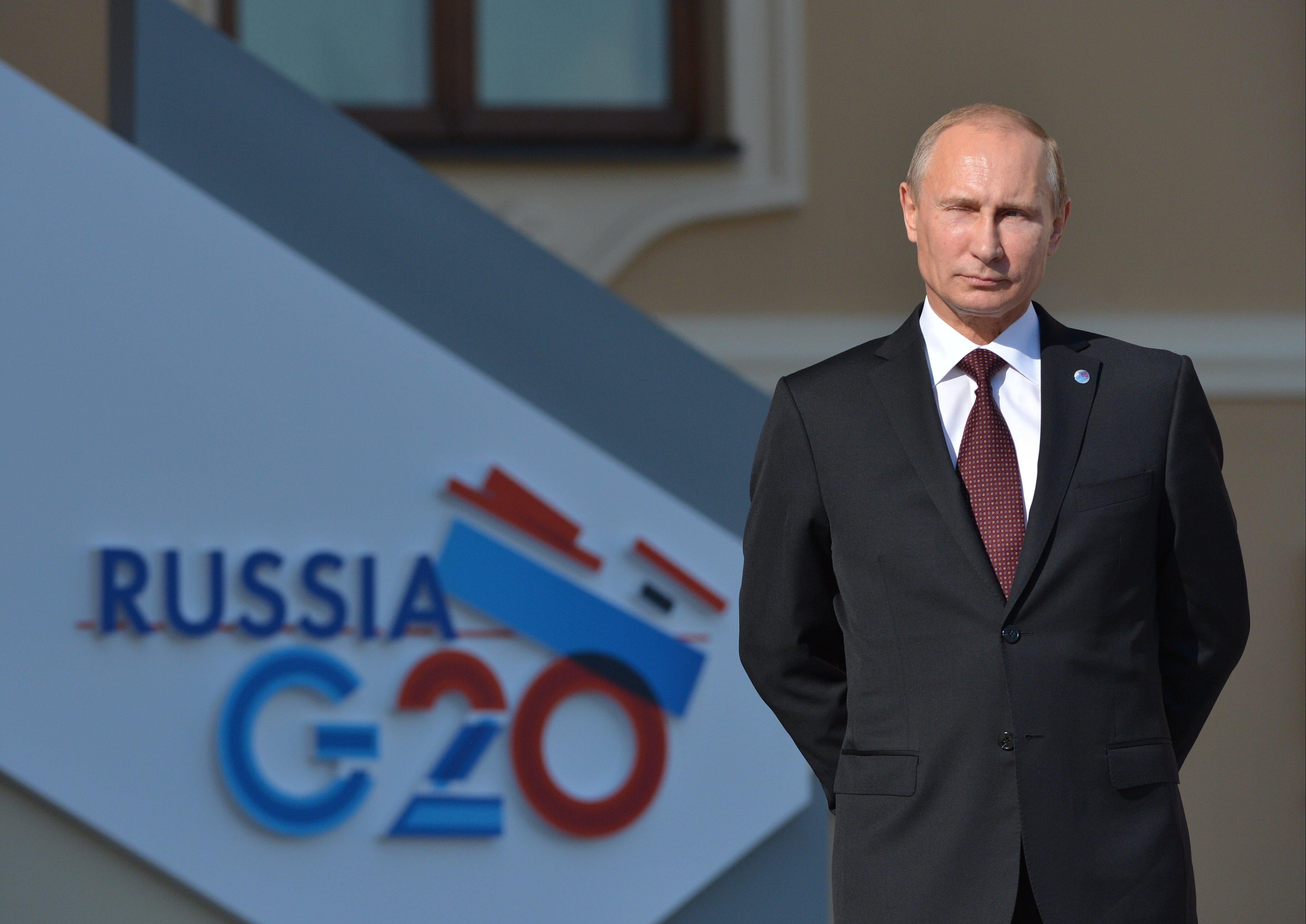This morning’s New York Times features a byline in the op-ed section you don’t see every day, that of Vladimir Putin. The opinion piece is less notable for its argument—basically a rehashing of the one the Kremlin has already staked out on Syria—than for the fact it is running in the pages of the Grey Lady. Still, it comes at a sensitive time given John Kerry is expected to sit down with his Russian counterpart in Geneva on Thursday to try to hammer out a still-developing diplomatic solution for what to do about a massive chemical weapons attack that claimed an untold number of Syrian lives.
As the Huffington Post’s Sam Stein already noted this morning, Putin seemingly contradicts himself when he argues these two disjoined points: a) The rebels, not the Assad regime, most likely were behind the chemical attack; and b) the world must work together to convince Assad to turn over his chemical weapons. A few of Putin’s other (somewhat questionable) claims that jump out:
On the damage a U.S.-led strike would do:
“No one wants the United Nations to suffer the fate of the League of Nations, which collapsed because it lacked real leverage. This is possible if influential countries bypass the United Nations and take military action without Security Council authorization. … A strike would increase violence and unleash a new wave of terrorism. It could undermine multilateral efforts to resolve the Iranian nuclear problem and the Israeli-Palestinian conflict and further destabilize the Middle East and North Africa. It could throw the entire system of international law and order out of balance.”
On what Russia’s goals are:
“From the outset, Russia has advocated peaceful dialogue enabling Syrians to develop a compromise plan for their own future. We are not protecting the Syrian government, but international law. We need to use the United Nations Security Council and believe that preserving law and order in today’s complex and turbulent world is one of the few ways to keep international relations from sliding into chaos. The law is still the law, and we must follow it whether we like it or not. Under current international law, force is permitted only in self-defense or by the decision of the Security Council. Anything else is unacceptable under the United Nations Charter and would constitute an act of aggression.”
On his and Obama’s relationship, and American exceptionalism:
“My working and personal relationship with President Obama is marked by growing trust. I appreciate this. I carefully studied his address to the nation on Tuesday. And I would rather disagree with a case he made on American exceptionalism, stating that the United States’ policy is ‘what makes America different. It’s what makes us exceptional.’ It is extremely dangerous to encourage people to see themselves as exceptional, whatever the motivation. There are big countries and small countries, rich and poor, those with long democratic traditions and those still finding their way to democracy. Their policies differ, too. We are all different, but when we ask for the Lord’s blessings, we must not forget that God created us equal.”
Read the full thing in the Times. For those curious, Putin’s bio at the bottom is disappointingly brief: Vladimir V. Putin is the president of Russia. It also wasn’t his first NYT byline, he wrote this 1999 op-ed on Chechnya.
***Follow @JoshVoorhees and the rest of the @slatest team on Twitter.***
This post has been updated.
